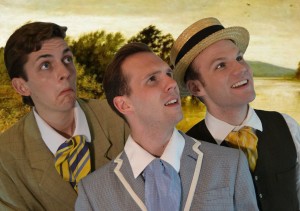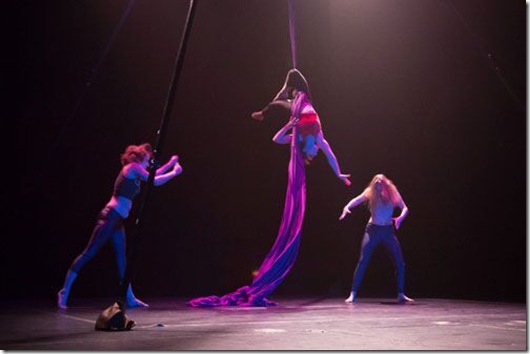The Tempest: Magical outdoor performance

It can be said that The Tempest is the least of his plays that bear a “Shakespearean” style. Not only is the dramatic structure very different from what we usually see in Shakespeare’s plays, but the role of women is marginalized to a subordinate, pretty figure. The only female character that appears in The Tempest is Miranda, Prospero’s dutiful daughter who merely serves to fulfill her father’s revenge over his brother Antonio.
The story is very simple. Prospero, the rightful duke of Milan, and his daughter Miranda have been stranded for 12 years on a remote island after Prospero’s brother Antonio overthrows and exiles him. For those 12 years, Prospero has been preparing his revenge. The play takes place during three hours on the island at the zenith of the action, culminating in forgiveness instead of revenge.
This is the only play by the great bard that follows the dramatic structure of Aristotle’s three classical unities of time, place, and action, and as such is perfectly suited for outdoor staging. Just the thing for Ottawa’s parks in the summertime!
Bear & Co.’s production takes full advantage of the outdoor space and its atmosphere. It also skillfully incorporates all three major themes in the play: magic, yearning for freedom, and love. The effects that invoke the storm are realistic and, in combination with music, make an eerie atmosphere. Well-chosen songs transport the audience to a different time. Add to all this beautiful, fiery and elegant spirit Ariel and magic is born right there before your eyes. Zoe Georgaras is a perfect fit for the role of Ariel. She is a light dancer, excellent actress, alluring, playful, and mischievous. Her ability to express thoughts and mood just with body language and facial expressions is superb. …




